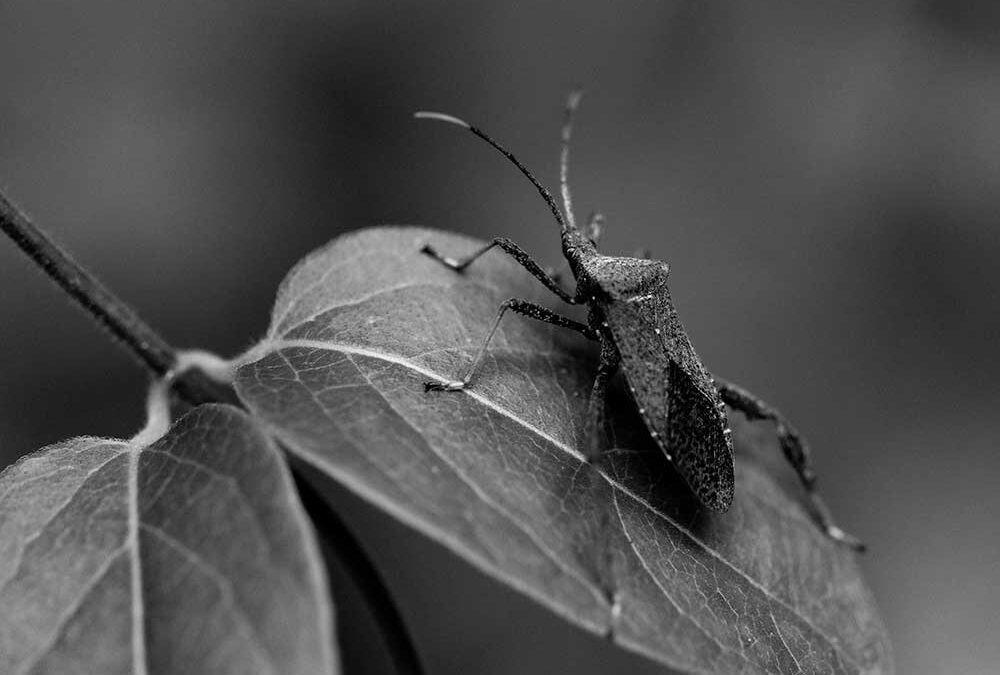The weather plays a significant role in how insect problems arise. By paying attention to the weather, you can better be on guard for and protect against insects in your home or business. While few insects can survive a cold winter, warmer temperatures increased precipitation, and even droughts can all increase your insect problems substantially. No matter what time of year it is, it is important to be prepared for changes in weather and how they impact the behavior of insects.
Most insects are cold-blooded, meaning that their body temperature changes according to their environment. This means that insects that bother us in the summer will not be able to function once the temperature starts to drop. However, an unusually warm winter would mean that bugs that typically vanish end up sticking around. If the yearly forecast determines that the coming winter will rarely bring freezing temperatures, it is important to prepare for the potential increase in the number of bugs normally found at this time of year. Insects such as cockroaches and spiders will also start making their way into homes as sources of warmth and protection once winter approaches.
As temperature increases, so do the number of insects you see around. The reproductive rates of insects increase in the warmer months, so it is important to be prepared for the disposal and extermination of bugs in your home. Bugs will not invade your home for shelter as they do in the winter; however, they will be tempted to enter and search for food. As we enter spring and summer, make sure to be vigilant about taking out the trash frequently and cleaning up any messes to avoid insects.
Temperature is not the only thing that affects your insect problems. An excess of water or a lack of water can also mean an increase in the populations of certain insects. In dry weather such as droughts, bugs may enter the home seeking sources of water. Insects such as grasshoppers thrive in dry conditions, so their populations may multiply rapidly and damage gardens or crops. Conversely, an increase in rainfall and precipitation can trigger an increase in different insect populations. Bugs such as mosquitoes and termites flourish in overly wet conditions, so be cautious not to leave out stagnant water during these times. Flood conditions can also force insects from their nests and into your home for protection.
Seasonal changes and weather bring with it the risk of insect infestation. It is important to keep up with these changes and switch your methods of cleaning and preparation in order to fend off any infestations. Regular inspections from pest control specialists are encouraged. If you ever need help with a pest problem, don’t hesitate to contact our friendly and experienced team for a free inspection.

